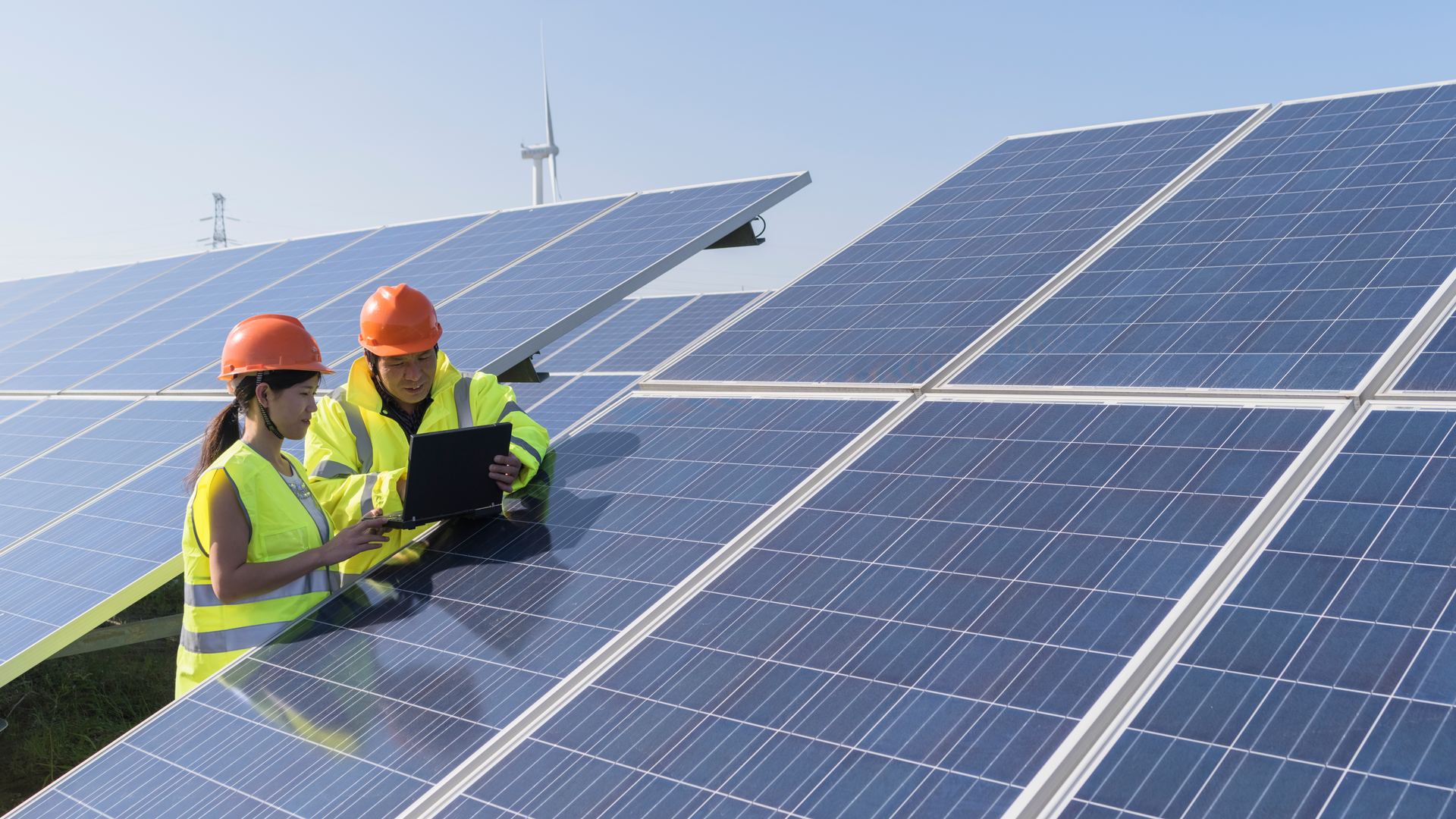Microgrids Can Significantly Lower Operating Costs for Water Utilities

Energy is one of the most significant operating costs for a water or wastewater utility. Microgrid implementation at certain water or wastewater utility sites can produce sustainable energy that provides significant long-term cost savings. A new white paper outlines these benefits, water utility microgrid design considerations and ideal facility criteria for utilities to get the most out of this innovative energy management solution.
What is a microgrid?
A microgrid is an integrated electrical energy system consisting of multiple interconnected loads and distributed energy resources (DERs). When operated under a consolidated control and energy management system, these DERs microgrids can produce and distribute electricity and operate independently from the larger power grid.
Key Microgrid Benefits for Water and Wastewater Utilities
Water and wastewater utilities can greatly benefit from better management of energy consumption, as energy costs are a main component of operating budgets. Other advantages include enhanced reliability, cost-savings, rate stability and overall sustainability.
Energy Resilience
Utilities can extend operations beyond what could be served by local fuel after loss of grid power.
Electric loads can be supplemented with solar and other DERs to further extend existing fuel supply.
Enhanced Reliability
Microgrids can ensure supply during periods of decreased power quality or loss of power.
Cost-Savings and Revenue Generation Potential
Microgrid controls help reduce overall energy consumption through demand response management so utilities save on demand charges and have the potential to generate revenue.
On-site power generation through DERs such as solar PV and biogas reduce energy purchased from the local utility.
Sustainability
Utilizing renewable energy decreases use of traditional fossil fuels plus transmission line losses.
Rate Stability
Microgrids with integrated renewable energy can reduce uncertainty of future energy costs.
Increased value of load flexibility to respond to changes in electric utility rates by using automation that provides flexibility to respond to new “on-peaks” and “off-peaks”.
Qualifications for Optimal Water and Wastewater Utility Microgrid Applications
Water and wastewater utilities, among other critical infrastructure utilities can utilize microgrid applications to better manage their operational costs. Particularly within the water sector, if facilities fall under the following criteria, they may be most poised for return on investment.
Located in states with incentives and grants for microgrid development, energy efficiency and resilience initiatives – especially regions in the Northeast and Southwest U.S.
Utilities with on-site digester gas generation and other renewable energy on-site or those planning to deploy DERs in the near future
Utilities contemplating demand response programs with their local electric utility to generate revenue and those investigating both utility grid-connected and islanding operations
Subject Matter Expert
Ajay Kasarabada: KasarabadaAN@bv.com
Contact Us
Looking for a partner in innovation?
Let's Talk
